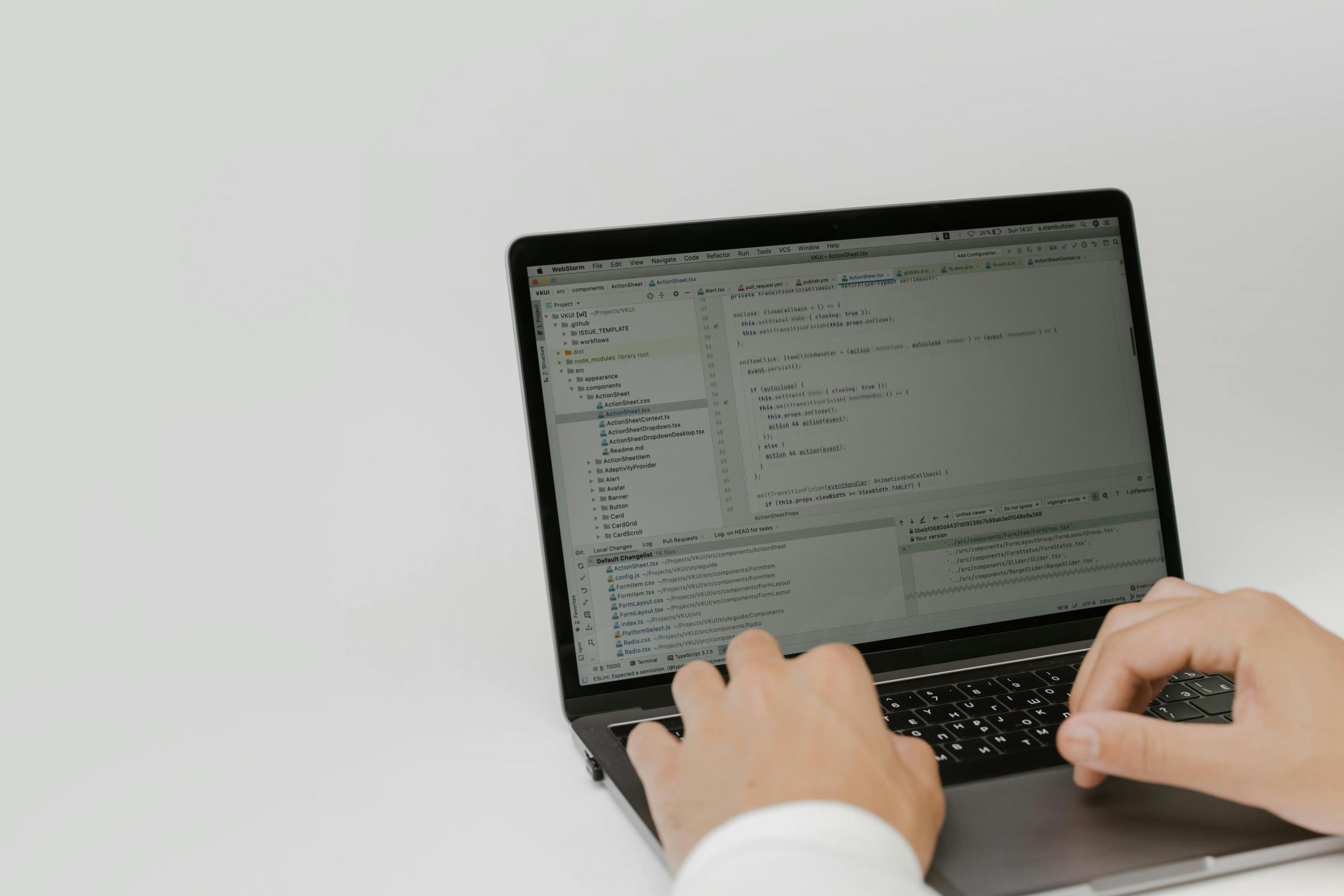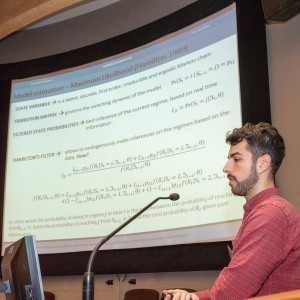If you’re a beginner looking to wet your toes in the world of programming and you’ve already decided to take your first steps with Python, then you’ll be glad to learn that you’re already off on the right path. Python has gained significant traction in the programming community for its simplified syntax which makes it all the more accessible for beginners like yourself. With fewer rules to worry about and its growing range of applications, your investment into learning the language will most certainly be a justified one!
Despite being considered to be the most beginner-friendly language out there, to the untrained eye, the initial steps of the learning journey can leave you feeling overwhelmed. If you’ve got your sites set on furthering your skills with the language and perhaps even working in a Python-oriented career down the line, then it’s important that you know how to learn effectively and remain consistent with the process. The aim of this article is to provide you with an overview of the language, its applications, and how you can set yourself up for success with your learning.

An Overview of Python
One of the first things that programmers at all levels have on their criteria when searching for a language to learn is how versatile it is. This is a strong indicator of the range of use cases you’re going to be able to apply your skills after having worked so hard to develop them. It will also indicate the number of careers you’ll be able to enter once all the hard work is said and done.
This is one of many areas in which Python excels, as the language ranks among the most versatile programming languages in today's tech world. You’ll also be glad to hear that the language’s simplicity doesn’t come at the expense of power, making it the go-to option for countless programmers at the beginner and advanced levels alike.

It’s always helpful to look at the application of any language that piques your interest to see its relevance in the world around us. You don't have to search all that far to see Python’s application being used to power some of the most innovative technologies around us.
Netflix's recommendation system and Instagram's photo-sharing platform are just a couple of major examples of its widespread influence. Its application is by no means confined to these two giants, as the language also excels in data science and artificial intelligence. Its reliable libraries, like TensorFlow and Pandas, help developers analyse complex data patterns and build sophisticated machine-learning models.
Python developers in the UK earn an average of £65,000 per year. This salary doubles the national average!
It really is a Swiss army knife that can be used to handle a seemingly endless list of programming tasks. Developers often use the language when it comes to creating websites with frameworks like Django and Flask, automate repetitive tasks, and even develop complex scientific applications.
Its simple, English-like syntax is something that you’ll quickly grow to appreciate from when you initially start your learning process right up until you begin working on complex projects. Not only is this likely to save you plenty of headaches over the course of any projects you engage with, but it's also going to save you countless hours too!
Potential careers that use Python
One of the biggest motivations for learning a computer programming language is the opportunities you’ll afford yourself by furthering your knowledge of data types. Python is definitely a great spend of your time and effort in this regard. The job prospects that lie ahead of aspiring Python developers in today’s day and age are abundant, with more job opportunities than ever before.

Companies of all sizes are always seeking applicants with Python expertise, whether it's a newly established company looking to get their website up and running or a tech giant like Netflix, Amazon, and Spotify looking to power their recommendation systems and data analytics.
It’s always helpful to have an end goal in mind when you’re going about your learning. When you close your eyes and envision yourself securing your first job as a developer, it can serve as motivation to fuel your learning.
With Python, you don’t have to look all that far ahead to see that you’re going to be well compensated for today's sacrifices. A career in Python could start with a role as a Python Developer, which can pay around £97,000 a year and will mainly involve building web applications and managing server-side operations. Another career that you can enter with Python skills would be a Data Analyst, an entirely different avenue you could go down that will also lead to an easy time securing employment and a more than appealing compensation of about £65,000 annually.
While the tasks that you engage with on a daily basis are going to play a big role in your career fulfilment, it’s certainly hard to ignore the salaries associated with having strong Python skills. If you’re not turned off by the intimidating name of the role of a Machine Learning Engineer, then you might also want to consider this as an option. By focusing on learning how to create complex algorithms and train models, you could land yourself a role in this area and enjoy a salary of up to £128,000 per year.
These are just a select few from a long list of potential careers you would inherently be working towards by learning Python. This is also a list that continues to grow with an increasing reliance on AI ethics, healthcare data, and cybersecurity.
Best Learning Methods for Python
After looking at the career prospects that lie ahead of you as an aspiring Python developer, you’re likely wanting to shave some time off the learning process and get your skills where they need to be as soon as possible.
In order to do this, you’re going to want to leave chance out of the equation and adopt the most effective mix of learning techniques in your preparation.
For starters, you’ll need to realise that learning Python goes far beyond memorising syntax or following tutorials.
Instead, you’ll want to aim to engage with some practical tasks as soon as possible and get your hands dirty with real code.

Building Real-Life Projects
Employers are always on the lookout for programmers who have a portfolio full of examples of relevant work they’ve completed to assess their aptitude for the respective role. On top of that, working on projects will help you retain more knowledge as you’ll be putting any concepts you pick up into practice. Not to mention, it also helps you to develop many of the problem-solving skills that you won’t pick up from any textbook or video. You'll just need to make sure that you have the setup process nailed down.
Finding Learning Communities
The next learning method you’ll want to add to your approach is engaging in Python communities with fellow programming enthusiasts. You’d be surprised at how much you can pick up from engaging in communities across Reddit's r/learnpython, Stack Overflow, and various Discord servers.

This will help you see Pthon in an entirely new light and give you valuable insight into the languages’ applications. One of the main takeaways you can expect to get from this learning approach will be that you’ll be able to see how other developers navigate similar problems. The cherry on the cake would be that you’ll also have access to chat rooms, forums, and discussion spaces where you can share experiences, ask questions, and learn from others' experiences.
Getting Feedback on Your Code
Like many skills, when you’re going about learning Python, it’s best to leave the ego at the door. Don’t be afraid to get some outside perspective on your work and get some more experienced eyes on your code. By having more seasoned developers review your work, you’ll find new techniques, spot potential bugs, and learn best practices that might stay hidden when working alone. This collaborative approach can also help accelerate your learning journey, potentially reducing the time it takes to become proficient in Python.
Accelerate Your Learning With a Python Tutor
There’s certainly no shortage of resources available to sharpen your Python skills. However, posting an issue you’ve been experiencing on an online forum and waiting until someone with the same problem gets back to you can take some time. This is particularly true in instances where your problem is one that hasn’t been experienced by many. In order to streamline the learning process and ensure that you’re adopting best practice habits in your coding, there's no better option than learning from an experienced Python tutor.
An experienced programming mentor will have walked the very same path and will be able to incorporate teaching methods that are tailored to your learning goals and skill level for the optimal learning experience. Superprof serves as the one-stop shop for programmers of all levels looking to pair up with qualified tutors who have been vetted through a stringent process verifying their qualifications and teaching experience.
By navigating over to the website’s homepage and inputting Python along with your location, you’ll be met with an expansive list of experienced Python tutors. From here, you’ll be able to filter your search even further according to your search criteria and interests. These tutors bring impressive credentials - many have PhDs and extensive experience from leading tech companies and will be able to guide you along your learning journey through in-person or online lessons!
Summarise with AI:


















